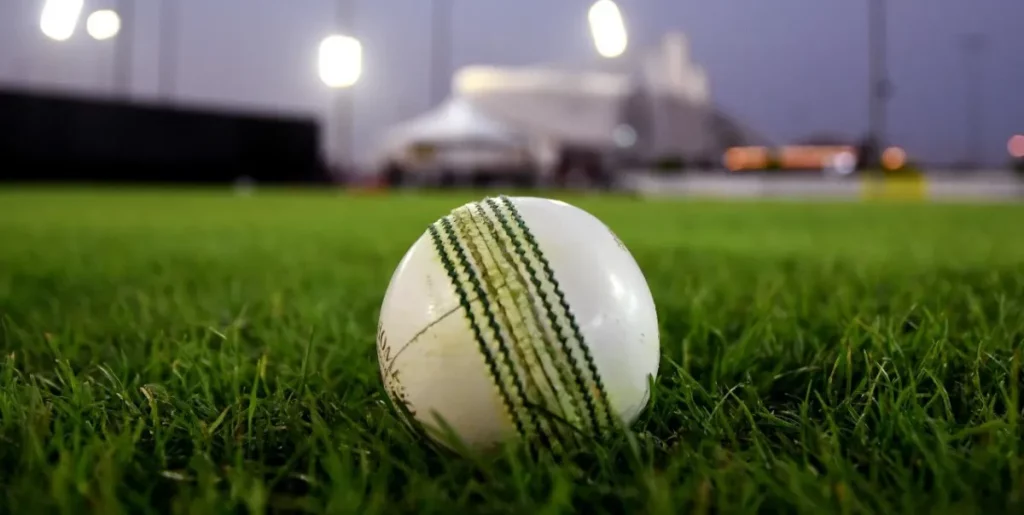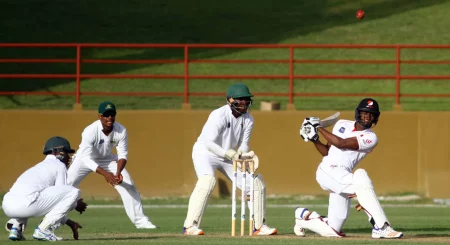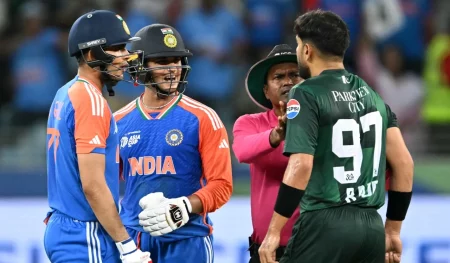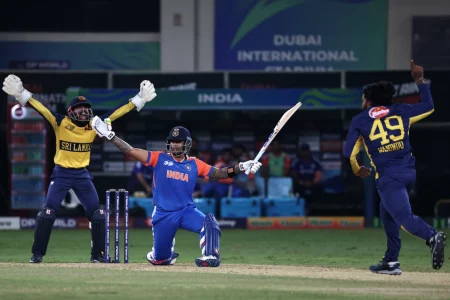The International Cricket Council (ICC) has officially made two changes to its playing conditions that will come into effect in men’s international cricket soon. The changes include the long-argued two-ball rule in one days and a new, more structured concussion-substitute protocol.
The two-ball rule in 50-over games has been updated to shift balance back in the favour of the bowlers. Currently, two new balls are used in each inning from opposite ends, in alternate overs throughout the innings. Under the new rule, two balls will be used for 34 overs in the same way, but from 35th over onwards, the fielding side will use one of the two used balls for the remaining innings. The choice of the ball will lie solely in the bowling side’s discretion. As per the ICC, the idea behind the revised rule is to “readdress the balance between bat and ball”, particularly in the last ten overs, where scoring rate usually surges, with reverse swing all but disappeared due to the balls being less aged.
In the event a game is reduced to 25 overs or less before the game starts, the bowling team will be allowed to bowl with just one ball for the entire innings, mirroring the regulation in the shortest format of the game where one ball per innings is used. The change will be implemented from July 2 in ODIs, in the first one-day game between Sri Lanka and Bangladesh.
Besides this, the concussion-substitute protocol has also been given a more detailed update. Although the rule has been around since 2019, the vague criteria to choose a like-for-like replacement for a substitute in case of a concussion gave rise to many debates, the most recent of which was during India’s T20I against England in February earlier this year. During the 20-over game, Indian pacer Harshit Rana was allowed to replace all-rounder Shivam Dube, who was hit on his helmet on the second last ball of India’s batting. His concussion replacement Rana came into ball in the next innings, and took three wickets leading India to a win.
Under the revised schedule, sides will be needed to submit a list of five substitutes before the start of a game to the referee. The roles should include one batsman, one wicketkeeper, one pacer, one spinner, and one allrounder. This update is aimed to avoid grey areas around the substitutes to ensure the rule isn’t exploited.
In case, the substitute on the list also suffers a concussion as well, the match referee retains the right to allow a replacement based on the original like-for-like principle, which states:
“The ICC Match Referee should ordinarily approve a Concussion Replacement Request if the replacement is a like-for-like player whose inclusion will not excessively advantage his/her team for the remainder of the match. In assessing whether the nominated Concussion Replacement should be considered a like-for-like player, the ICC Match Referee should consider the likely role the concussed player would have played during the remainder of the match, and the normal role that would be performed by the nominated Concussion Replacement.”
This new regulation will take into effect from June 17 in Tests, July 2 in ODIs and for T20Is from July 10.



